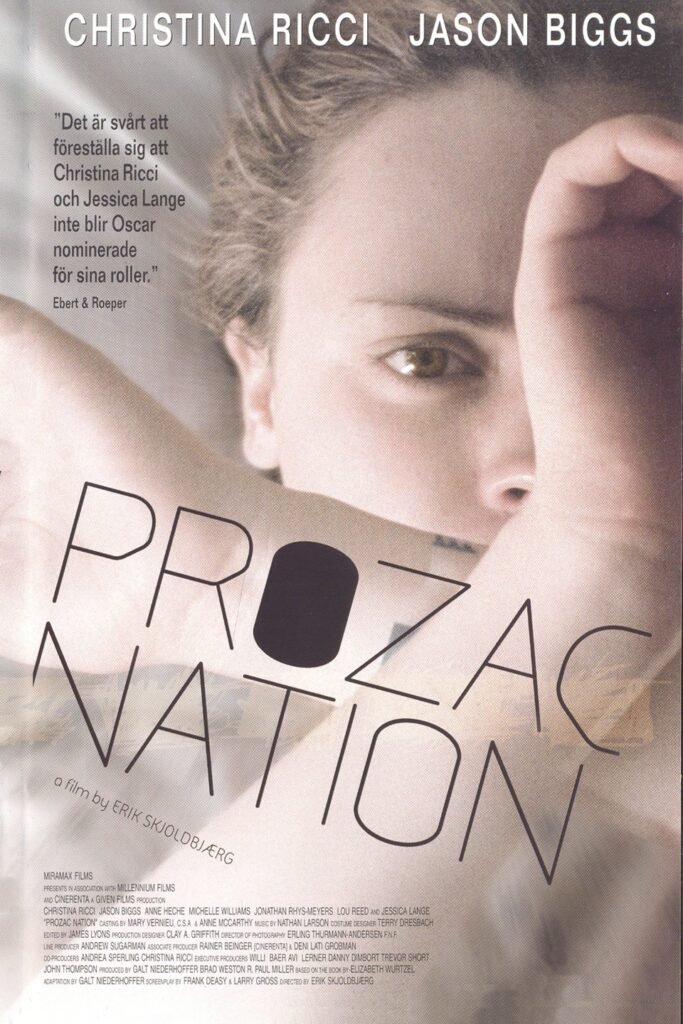
Typically, hagsploitation films focus on women while neglecting elderly male characters, which makes “The Rule of Jenny Pen” unique. Interestingly, with a bit of tweaking, the title could work for a hagsploitation film. In an alternative universe turned “Who Rules, Jenny Pen?,” Shelley Winters and Tallulah Bankhead could have starred as classics in the subgenre. “The Rule of Jenny Pen,” features two stars Lithgow and Rush who portray characters quite close to their real-life ages Lithgow, 78 and Rush, 72. Both actors sing and display over-the-top daily routines suggesting the chronic, horror-stricken condition many elderly people are subjected to Lithgow singing children’s songs is striking, partly because children should not be around the elderly.
Of course, it’s all a joke. Having said that, “Jenny Pen” as the title suggests also touches on some serious issues wounds of child exploitation and sexual abuse of aged women including medical gaslighting, elder abuse and wiggling it around a bit while sticking its finger in deep. Alongside some stylish costume design and cinematography, the aforementioned tragedy radiates “Very Ari Aster,” especially when a random old guy is set alight and turned into a fireball at the start.
Whether it be the great troll of contemporary cinema or Aster, this is also the case with “Jenny Pen” director James Ashcroft, who shows signs of mischief.
And when “Jenny Pen” locks up, it works. It keeps you glued to your seat, wanting to leave the theatre (or shut it off if you are watching on Shudder) at the same time. Often, Ashcroft disappoints by carelessly transitioning between black comedy and gruesome violence.
As with Crawford and Bette Davis in “What Ever Happened To Baby Jane”, Lithgow and Rush serve as a mismatched pair of unpleasantness. Rush plays Stefan, a New Zealand judge who, in the first scene, suffers a stroke and ends up in a wheelchair. (The more upbeat parts of the narrative, call for his sentencing in his court-mounted child abuse case, “Jenny Pen” is sadly heuristically vexing.) Stefan is also a condescending prick, and that is mostly a dick to his much older roommate at the nursing home, George Henare, and appreciates the female caring staff. Lithgow on the other hand is the Jane who is kooky and demented and much more dangerous than he initially appears.
An extended resident, Dave has commandeered Royale Pine Mews turning the location into his personal domain, terrorizing his remaining compatriots every night after curfew and manipulating the staff to untold ends, enforcing his will on the grounds.
Refuse to pay tribute and engage in the movie’s self-referential doll ‘ass-licking’ Yup, that’s the phrasing employed as well as the corresponding motion demanded and you might just ‘die in your sleep.’ The blend of shocking scenes where Dave drives his fellow residents into “tormenting” are disturbing, to say the least. Like most overtly sadistic displays of power over utterly defenceless people, they tend to be. What is disconcerting, though, is how, later on in the film, much of the supporting cast is featured, many in different stages of dementia, and their antics become fodder for laughter.
Is this a nightmare, or some kind of joke? For the most part, “Jenny Pen” functions like a nightmare, deepening Stefan’s dilemma while simultaneously decomposing his body. By the film’s conclusion, the character’s suffering is painfully excessive in a way that almost renders sympathy for his plight impossible. Even worse, their interactions culminate in somewhat childish violent encounters as the two are positioned to face each other very closely for the final shot Lithgow and Rush share, which is quite ridiculous in its cartoonish tendencies.
The irony of Lithgow’s performance is bound to be the highlight of “Jenny Pen”.People can’t stop loving when this character gets played by a mild-mannered man and goes completely off the rails with his maniacal laughter, as Lithgow performed with his trousers hiked up to his chin and a baby-doll puppet clutched in one hand. Lithgow almost pulls off a convincing New Zealander accent, but there are times when, for the kind of film this is, he could go larger. Or is that why this film is one of those campy, joke-a-minute flicks?
The fixation on zipping and zapping suggests it belongs to such a category. The empathy towards the character of Henare, a Maori well past his prime, attempting and spectacularly failing to execute a kama in a rest home dining hall makes one wonder otherwise. Different styles can be mixed, and “Jenny Pen” gets the blend right frequently enough that the punchline is somewhat funny even if it is less impactful than it could be. It might have packed more of a punch had its impact not been softened by the drawn-out runtime and unbalanced pacing. But for a film that is, for the most part, strangles itself with its own intentions, that’s not too bad.
For more movies like The Rule of Jenny Pen (2025) visit on 123movies







